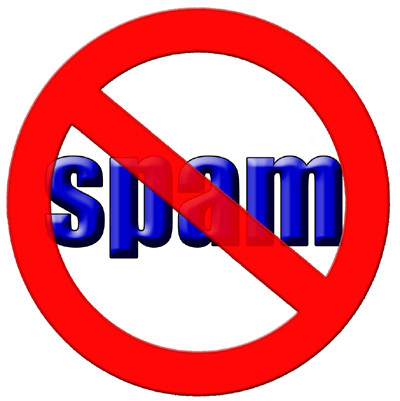Australia and NZ expand agreement to fight spam

ACMA has renewed and expanded its alliance with the New Zealand Department of Internal Affairs (NZDIA) to fight against spam and phishing scams.
The two organisations have signed a revamped agreement committing to assist each other in their respective anti-spam responsibilities, including sharing intelligence about phishing activity and malware.
Under the new agreement, the two organisations will also share techniques and tools for countering spam. ACMA is already sharing its own spam intelligence database enforcement and analytical software with NZDIA.
Australian victims of phishing scams have reported financial losses of more than $850,000 for the year 2015 alone.
ACMA Chairman Chris Chapman said spam, phishing and malware campaigns don’t pay attention to national borders. Enforcement efforts must accordingly involve cooperation between countries.
“The new agreement lifts the already close cooperation between New Zealand and Australia on spam and cybersecurity matters to a new level,” he said.
“Enabling the agencies to share intelligence, techniques and tools for combating spam, as well as sharing information on phishing and malware delivered through spam, demonstrates the close working relationship between the two regulators.”
ACMA and NZDIA first signed an agreement covering cooperation on anti-spam activities in April 2009. The renewed agreement has a five-year term.
Cyber lessons from 2025: why human risk will define 2026
Success in 2026 will come from building security into the rhythm of business, where technology,...
2026 will be the year identity defines cyber defence
2025 gave us an initial look at what happens when AI scales faster than identity controls.
How to harness AI to advance cybersecurity
Organisations that prioritise AI-enabled security and a culture of continuous learning...



